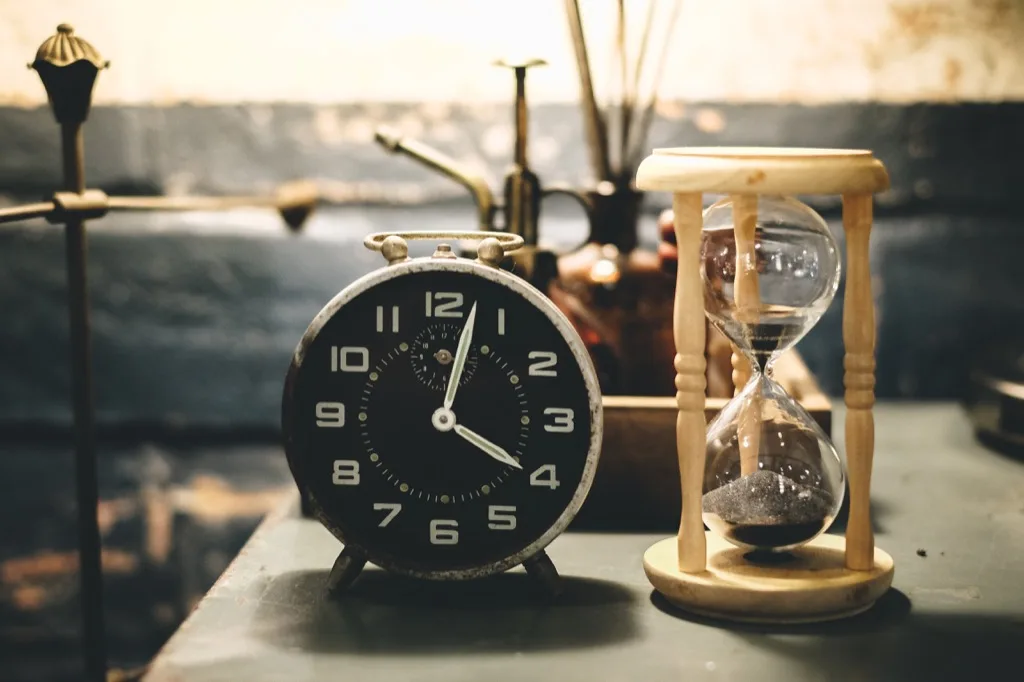It is hard to say. Turning the clock back has advantages and disadvantages. When clocks are turned back, mornings become brighter and evenings darker. Research shows brighter mornings help with seasonal affective disorder and depression. For workers, this translates to increased productivity. Darker evenings are associated with increased accidents. That is why people against turning the clocks back strongly recommend Daylight Saving Time or the British Summer Time. There are also claims that turning the clocks back can disrupt the internal clock or the circadian rhythm. When your sleep-wake cycle is out of balance, you are more likely to experience trouble focusing and reduced memory. This can lead to accidents and reduced efficiency. However, some people believe the brain can adapt to clock changes quickly; thus, the sleep-wake circle might not be affected.
- Chickpeas vs. Garbanzo Beans: What’s the Difference? - April 19, 2024
- How to Manage or Improve Anxiety - September 21, 2023
- The birth of a company - July 29, 2023






